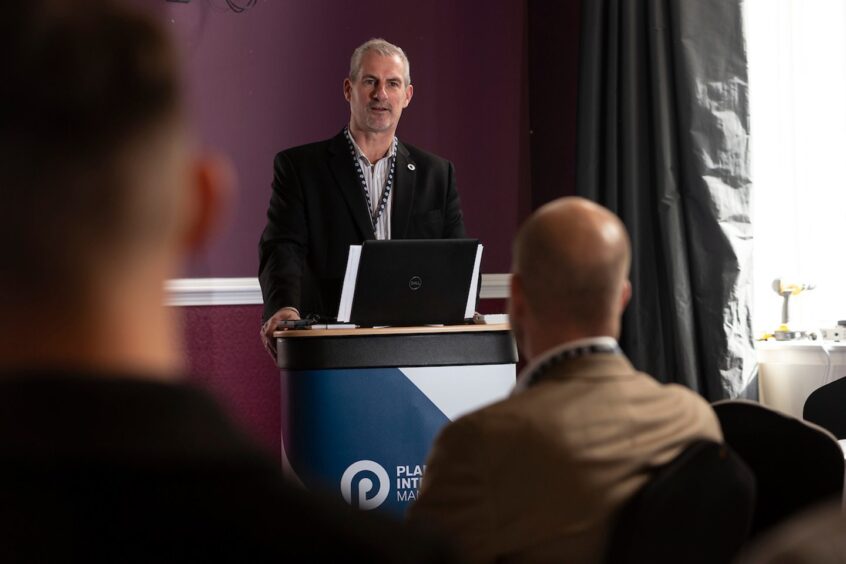
At every Q&A session following the many presentations I give, I am asked: “what are the things that keep you awake at night?” writes Steve Rae, Director with Fortitude – Action Beyond Compliance.
My response has been consistent in recent years: maintenance backlog levels and the assurance of competence, in particular non-technical competence. I would place a reduction in the sector’s maintenance backlog and a strengthening of the industry’s competence assurance systems at the top of the industry’s New Year’s resolutions. Let me explain why.
When I was appointed as an executive director in 2019, I recall being informed about the UK HSE’s concerns around maintenance backlog in that it may be increasing because of the low oil price, from 2015 onwards, due to cost optimisation. The arrival of the pandemic in 2020 necessitated a reduction in staffing levels, and the postponement of annual maintenance shutdown activity further exacerbated the situation.
This is where my first concern stems from. I have seen reports that maintenance backlogs have been subject to As Low as Reasonably Practicable (ALARP) assessments and appropriately classified with Safety & Environmentally Critical Element (SECE) maintenance tasks being prioritised. OEUK’s HSE Report for 2023 provides a clear picture of the SECE maintenance backlog pre and post pandemic. While plans may be in place to address these backlogs, I question how realistic they are and whether the planned approach will be sufficient to reduce them in the near term.
Have we normalised the presence of significant backlog levels by applying the ALARP approach combined with the lack of negative consequences? Have we convinced ourselves, and the regulator, that the presence of a significant backlog is acceptable? I can think of several major incidents where normalised deviance has been identified as a primary causal factor.
This brings me to my second concern: competence.
The availability of a competent workforce is an intrinsic requirement to reduce maintenance backlog. Post-pandemic growth in the renewables sector and the loss of skilled resources from the energy sector through redundancies and retirement have significantly impacted the availability of competent workers. Add to this the fact that the offshore energy industry is viewed by younger generations, and the media, as unattractive and I question where we will source the competent workforce required to meet future staffing levels. The industrial unrest of this summer is an indication of the sentiments of those who continue to work in the sector – we should pay attention to this discord.
I am fully aware of intentions to create a workforce that can transfer seamlessly between sectors to meet supply and demand, and I see the acceptance of the ECITB Connected Competence and OPITO Skills Passport as potential solutions to the competence challenge. However, I do not see this being a “fix all” as there is ongoing debate around the application of common safety training standards, which differ between various sectors. This needs to be urgently addressed to the satisfaction of employers, employees and the regulator. As I see it, it is still very much a work in progress that impacts our ability to source sufficient competent workers and liquidate the existing backlog levels.
As I look towards the future, I do see a positive outlook, but I am also hoping the New Year’s resolutions are met…
Steve Rae is former executive director of Step Change in Safety and a Piper Alpha survivor.